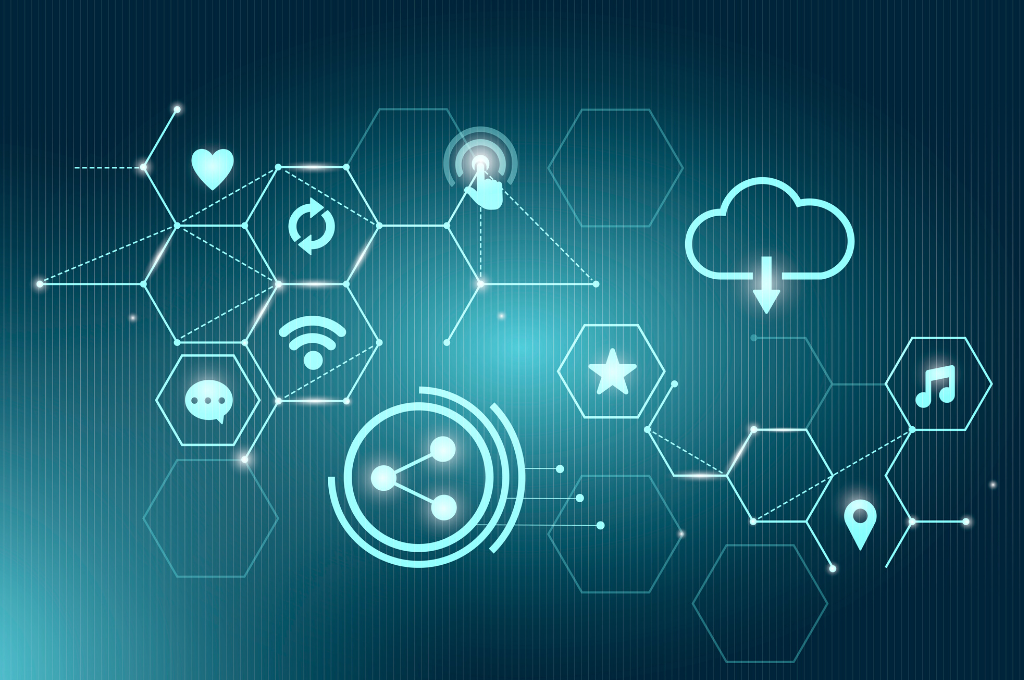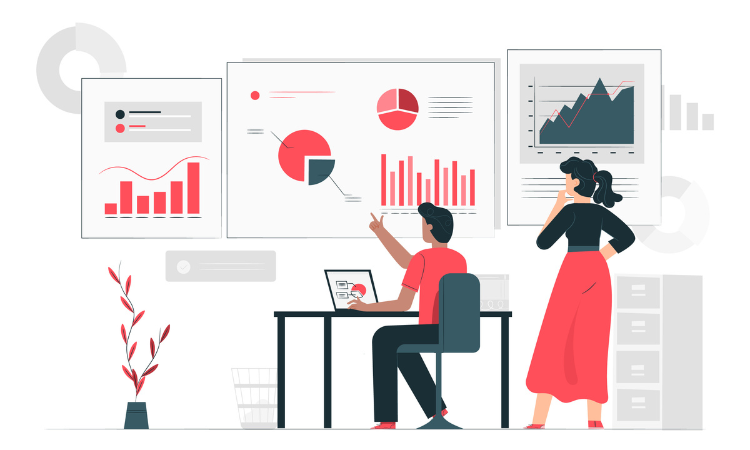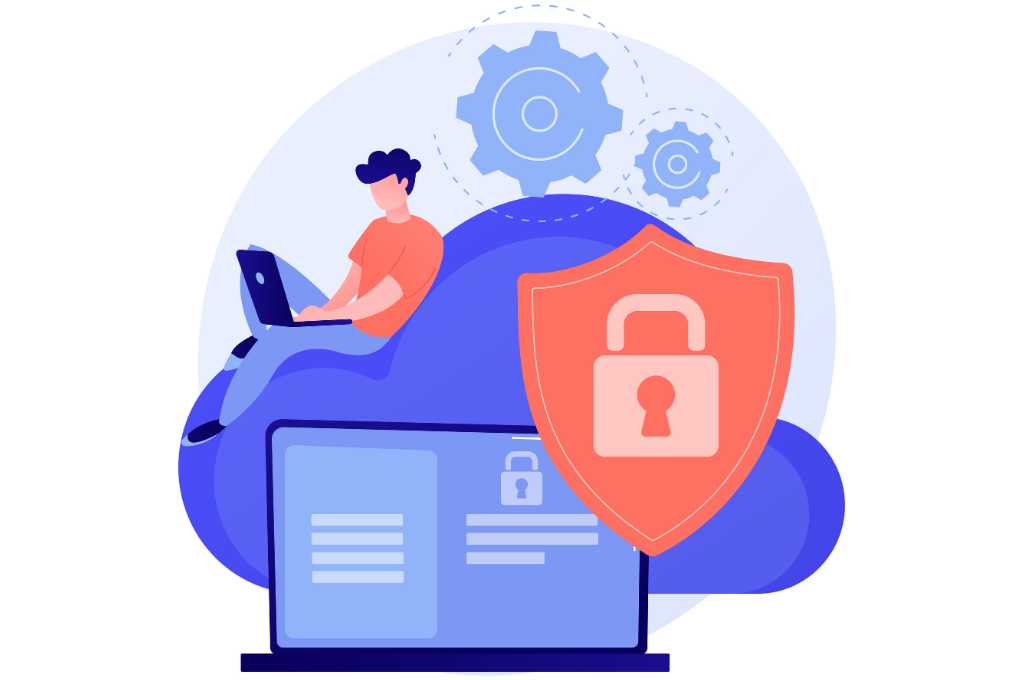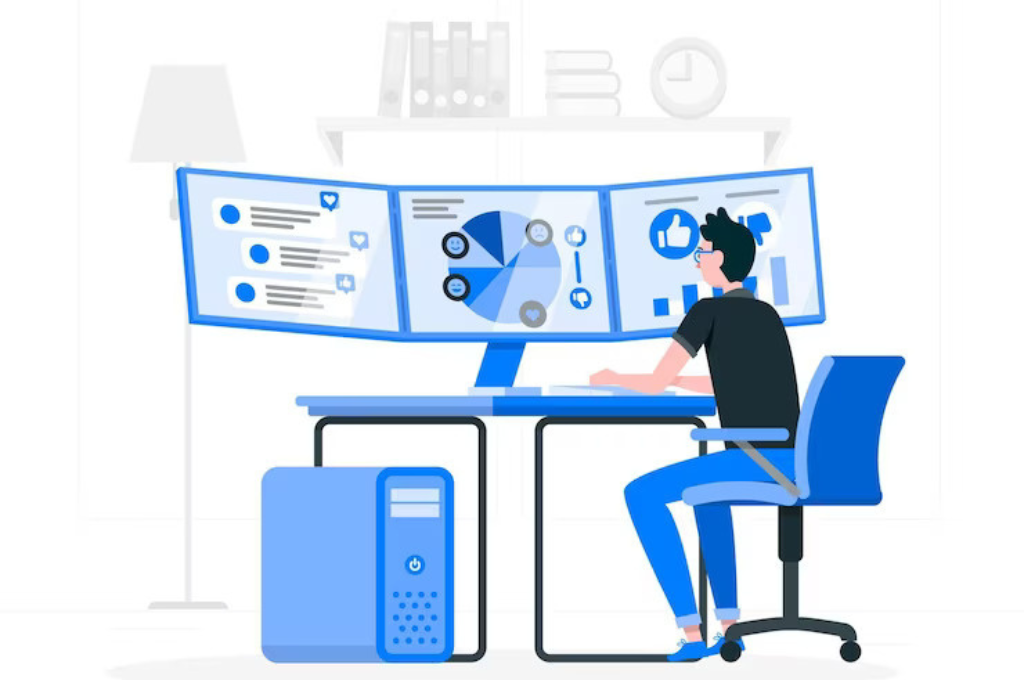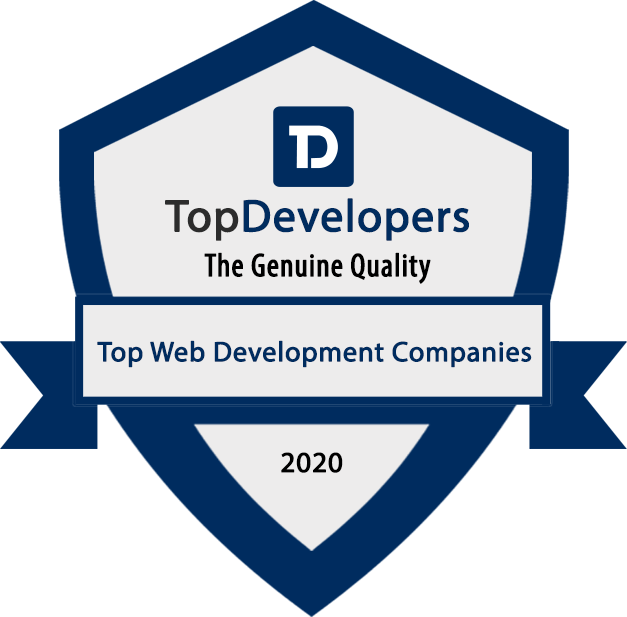Big data analytics in the healthcare industry today is evolving into a promising field for delivering real-time insights from very large data sets. Plus, it also helps improve outcomes while reducing costs.
The current trend is towards digitization of the large amounts of data and leveraging the potential of analytics and business intelligence.
Today, the changing landscape of healthcare is creating a huge demand for health data analytics. Modern and cutting-edge data analytics are used to improves patient care in the healthcare system. Analyzing the available data with the best modern practices helps cut costs and also improves the health of the people in a faster way.
Challenges Of Big Data in Data Analytics
For any successful healthcare organization, successful integration of data-driven insights into clinical and operational processes is rewarding,
Healthier patients, lower care costs, more visibility into performance, and improved doctor-patient experience and relationships are among the benefits of turning data assets into data insights.
But, on the contrary, the roadmap to successful healthcare analytics is filled with challenges and problems that need to be solved using the best possible way.
Read also:TeleHealth- Connecting Patients To Digital Health
Sensitive and secure data
The Healthcare industry deals with sensitive information, and requiring accurate information can create a hesitancy about overhauling existing healthcare systems to include data analytics. Privacy and data security is the prime concern of the patients as it can be misused in any way. The healthcare industry has been resistant to make information available and easily accessible to protect patient confidentiality.
Data Storage
While many organizations are most comfortable with on-premise data storage that promises control over security, access, and up-time, an on-site server network can be expensive to scale, difficult to maintain, and prone to producing data silos across different departments.
Cloud storage is an upcoming popular option as costs are reduced and reliability increases.
Data Refining
Irrelevant and Redundant data can slow down a big data analytics project, especially when bringing together disparate data sources that may record clinical or operational elements in slightly different formats. Data cleaning and refining ensure that datasets are accurate, correct, consistent, relevant, and not corrupted in any way. For the data cleaning process, some IT vendors do offer automated scrubbing tools that use logic rules to compare, contrast, and correct large datasets.
Data Capturing
Capturing data that is clean, complete, accurate, and formatted correctly for use in multiple systems is quite challenging for healthcare institutions.
Poor EHR usability, complex workflows, and an incomplete understanding of why big data is important to capture well can all contribute to quality issues that will ruin data throughout its lifecycle.
Despite the challenges, the scope and usage of healthcare data analytics have been increasing as more and more healthcare organizations and healthcare providers adopt these solutions. All in all, we can say, data analytics helps the healthcare industry transform the way we treat patients and also manage healthcare institutions.
Read also: How enterprise mobility is affecting the healthcare industry?
Real-Life Examples of Data Analytics In Healthcare
Let’s have a look at some real-life examples of Data Analytics in Healthcare.
1. Predictive Analytics in Healthcare
Predictive analysis leads to patient’s safety and quality care. It keeps doctors informed about the patient’s medical histories and helps predict results for the future. Also, Predictive algorithms using different programming languages can be created to predict the health of a patient over time.
To improve the healthcare systems, a US Research collaborative, Optum Labs collected data of over 30 million patients to create a database for predictive analytics tools that will improve healthcare systems.
2. Electronic Health Records (EHRs)
The volume and patient’s detailed records are increasing rapidly. Many healthcare institutions have moved over to use Electronic Health Records (EHRs) which is the main application of big data in healthcare. Every patient has his/her medical records such as laboratory test results, medical reports, lists of medicines, etc. EHRs make it easier to maintain the data and have access to such data.
3. Real-Time Monitoring
Healthcare institutions offer improved treatments to their patients by constantly monitoring their health in real-time. Digital tools like wearable sensors help track patient’s health trends that can be monitored by the doctors. It can help track blood pressure to other illnesses right at home.
4. Big data can help cure cancer
Medical scientists can use analytics to watch out the recovery rates of cancer patients and the treatments that have the highest rate of success for this disease. To make this successful, a patient's database from different health institutions needs to be linked up keeping in mind the confidentiality of patient’s data.
For example, patient’s tumor samples can be examined with their other treatment records which in turn, will help researchers to carry the treatment accordingly.
Trending Healthcare app-Aarogya Setu
Aarogya Setu app is a newly launched contact tracing app developed by the Indian government to track people infected with the disease and alert people about their proximity.
By using a phone's Bluetooth and location data, the Aarogya Setu app lets users know if they have been near a person with Covid-19 by scanning a database of known cases of infection.
The promotion of the app led by the Indian Prime Minister Narendra Modi was so successful that it reached 50 million downloads in the very first week.
India has around 450 million mobile users among its population of 1.3 billion. The government has launched Aarogya Setu for around 100 million people.
The app collects personal data of every individual installing the app i.e. name, age, gender, and so on.
The app can be installed from both Android and iOS.
“This app is completely safe and secure—data is secured for a very limited purpose and for a very limited period of time. This helps avoid your contact with a person who is inflicted and the whole purpose of this app is to protect you.” As told by Ravi Shankar Prasad, Communications and information technology minister.
Putting it all Together
The digital era is rapidly changing with the evolving brainstorming technologies every passing day and so as the healthcare industry. Data-driven business intelligence tools and analytics improve performance outcomes, revenues, patient experience and transform raw data into actionable insights. Initiating business intelligence in your organization can help you boost your revenues and also improves customer satisfaction.
Emerging technologies like predictive analytics, artificial intelligence, and machine learning are transforming healthcare paradigms and cause a great impact directly on our lives.
It’s time for all of us to get digitized and be prepared for miracles going to happen in the coming years.













